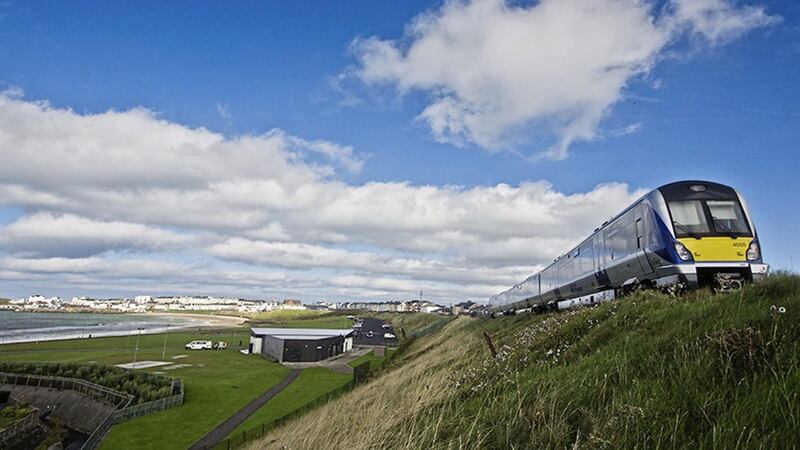SEPTEMBER usually brings with it a degree of routine and sense of increasing normality to help get you back in the driving seat for the run in to Christmas.
Children returning to school will have been lined up at their front door as parents take photographs of them in their new uniforms and lament about how they are growing up too quickly. But for many of us the school run and commute to work will be anything but normal as we remain in the grip of Covid-19.
With the furlough scheme winding down and efforts being made by some employers to get staff back into the office, our road and rail networks should be beginning to get busier. But the make up of vehicles on our roads could be about to change.
The latest NI Transport Statistics reveal there were 84.5 million passenger journeys in 2018/19, with 68.7m bus journeys up 4 per cent on previous year and 15.8m rail journeys up 6 per cent on previous year.
This year’s statistics have yet to be published, but will show a large decline in the use of public transport as lockdown brought the country to a standstill.
In addition, transport consultants Systra have said public transport usage could fall by 20 per cent across the UK, where people favour the solitude of the car to boarding a crowded train or bus. In its survey of 1,051 consumers, 48 per cent said they were less likely to use public transport because of fears over Covid-19.
Just last week an investigation was launched after reports of poor social distancing and passengers not wearing face coverings on a Dublin to Belfast train service.
With new car sales in Northern Ireland surging by 17 per cent in July, there is a real possibility that large numbers of people will shun public transport in favour of travelling in their own ‘bubble’.
If you are one of those commuters getting back behind the wheel instead of taking the train to work, there are a number of practical considerations, especially if your vehicle has not been used a lot in recent months.
• Before getting back on the road ensure your insurance policy, car tax and MOT are all up to date. It should be noted motorists who are due to renew their MOT now have been given a one-year exemption. MOTs had been suspended in March for three months and officials say it would not be possible to work through the backlog this has created and deal with normal business, therefore one-year exemptions have been announced.
• Check your tyre pressures along with the fluid levels in your car. If a car hasn’t been used for a few weeks there is a chance the brakes can seize so make sure to check your brakes regularly, when safe to do so, during the first few miles of your journey.
• It is also prudent to arrange for a service with a qualified professional mechanic to make sure your vehicle is safe to drive.
• For those using their car for business journeys for the first time there may be insurance issues to work through.
At times of uncertainty it's important to find a trusted insurance partner, leaving you with one less thing to worry about and time to upload those school pictures to social media.
Jennifer McKelvey is personal lines director at AbbeyAutoline (www.abbeyautoline.co.uk).



